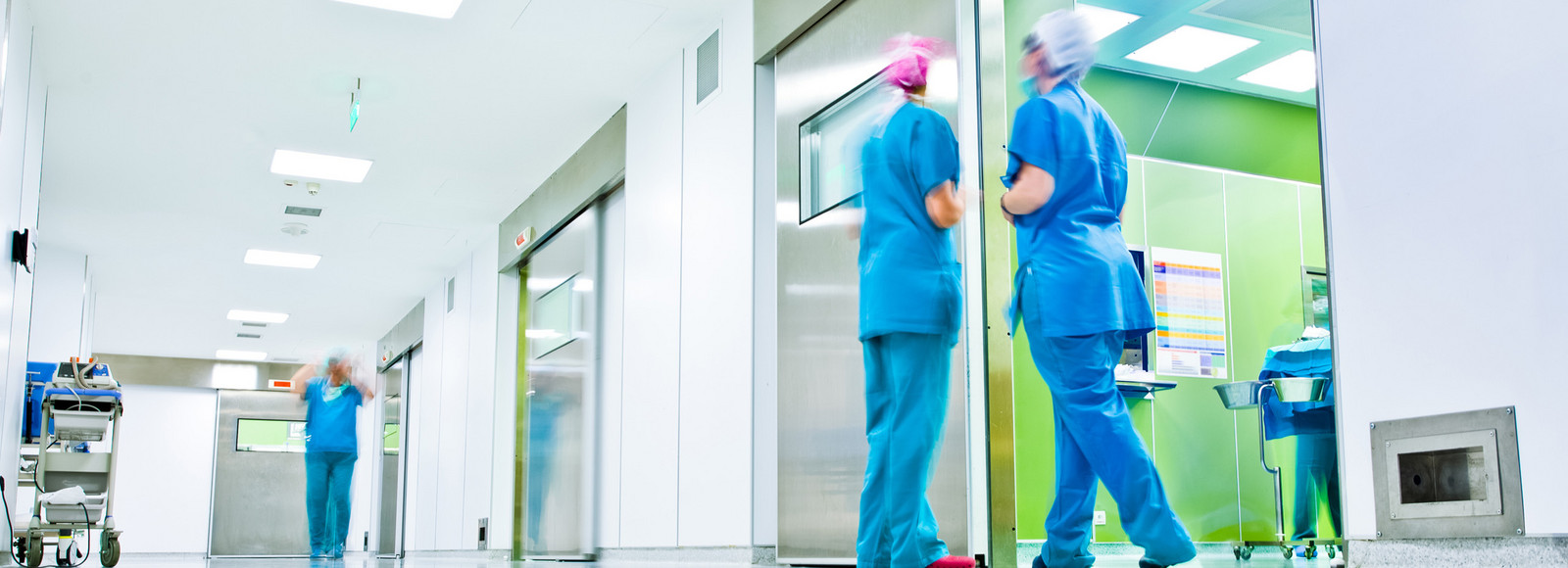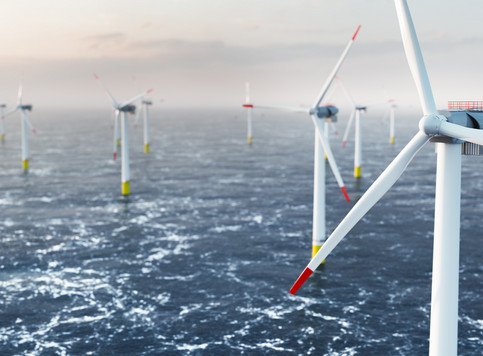COVID-19: Stricter control for export of personal protection equipment – need for export authorisation and export license
Export authorisation for personal protection equipment to third countries
As of 30 March 2020, an export authorisation has been required from the Norwegian Directorate of Health in order to export personal protection equipment, similar to the rest of the EU. The rest of the EU has implemented regulation 2020/402 of 14 March 2020, making the export of certain personal protection equipment out of the EU subject to the production of an export authorization.
By mistake the EU regulation does not cover the EEA EFTA countries, but will be adjusted to also cover free export within the EEA EFTA countries Lichtenstein, Iceland, and Norway, see the press release from the Ministry of Foreign Affairs here. The need for an export authorization in both Norway and the EU is limited to face shields, protective spectacles and visors, mouth-nose-protection equipment, gloves and protective garments.
Applications for Norwegian export authorisations for personal protection equipment to third countries must be sent to the Norwegian Directorate of Health to clarify whether the equipment is needed in Norway. This new export authorisation requirement remains in effect for as long as the authorities consider it necessary due to the pandemic.
Countries exempt from the obligation to apply for Norwegian export authorisations
Countries exempted from such clarification and filing obligations in Norway before export are EU countries including the United Kingdom and the EFTA countries (Switzerland, Iceland and Liechtenstein), the Faroe Islands, Andorra, Monaco, San Marino, the Vatican City, as well as the overseas countries and territories listed in Annex II to the Treaty on the Functioning of the European Union.
Export license requirements for some types of personal protection equipment
In addition, the export of some types of personal protection equipment may also be subject to an export license under the Norwegian Export Control Regulation. Examples of equipment requiring such a license are more advanced equipment such as; gas masks, protective suits, overpressure suits, containment facilities, Hepa filters, etc.. Applications for licenses for such equipment that fall under the so-called dual-use goods must be sent to the Section for Export Control in the Ministry of Foreign Affairs through an electronic application on their e-license portal, according to the Ministry's statement of 22 April 2020.
DLA Piper has in depth expertise on trade restrictions and significant experience in advising companies on export control through our global team specializing in issues arising from international trade.






